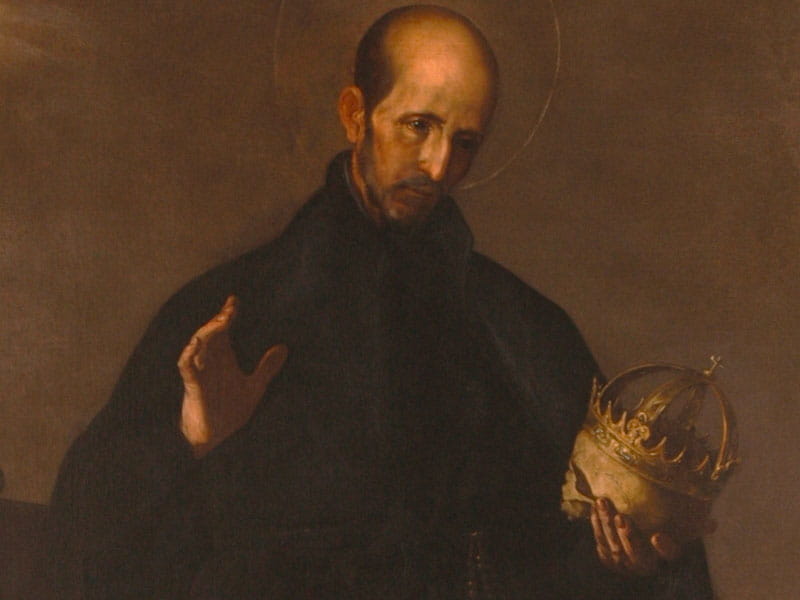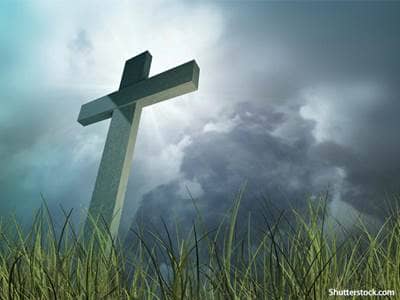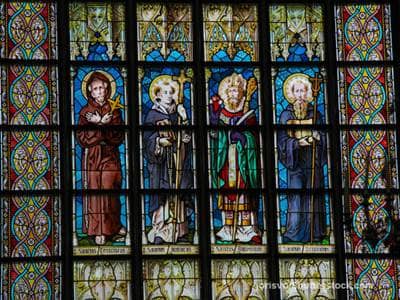St. Francis Borgia (1510-1572)

Today's saint grew up in an important family in 16th-century Spain, serving in the imperial court and quickly advancing in his career. But a series of events—including the death of his beloved wife—made Francis Borgia rethink his priorities. He gave up public life, gave away his possessions and joined the new and little-known Society of Jesus.
Religious life proved to be the right choice. He felt drawn to spend time in seclusion and prayer, but his administrative talents also made him a natural for other tasks. He helped in the establishment of what is now the Gregorian University in Rome. Not long after his ordination he served as political and spiritual adviser to the emperor. In Spain, he founded a dozen colleges.
At 55, Francis was elected head of the Jesuits. He focused on the growth of the Society of Jesus, the spiritual preparation of its new members and spreading the faith in many parts of Europe. He was responsible for the founding of Jesuit missions in Florida, Mexico and Peru.
Francis Borgia is often regarded as the second founder of the Jesuits. He died in 1572 and was canonized 100 years later.


